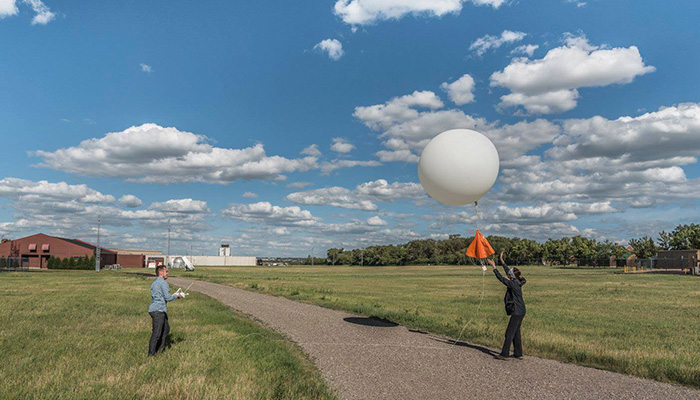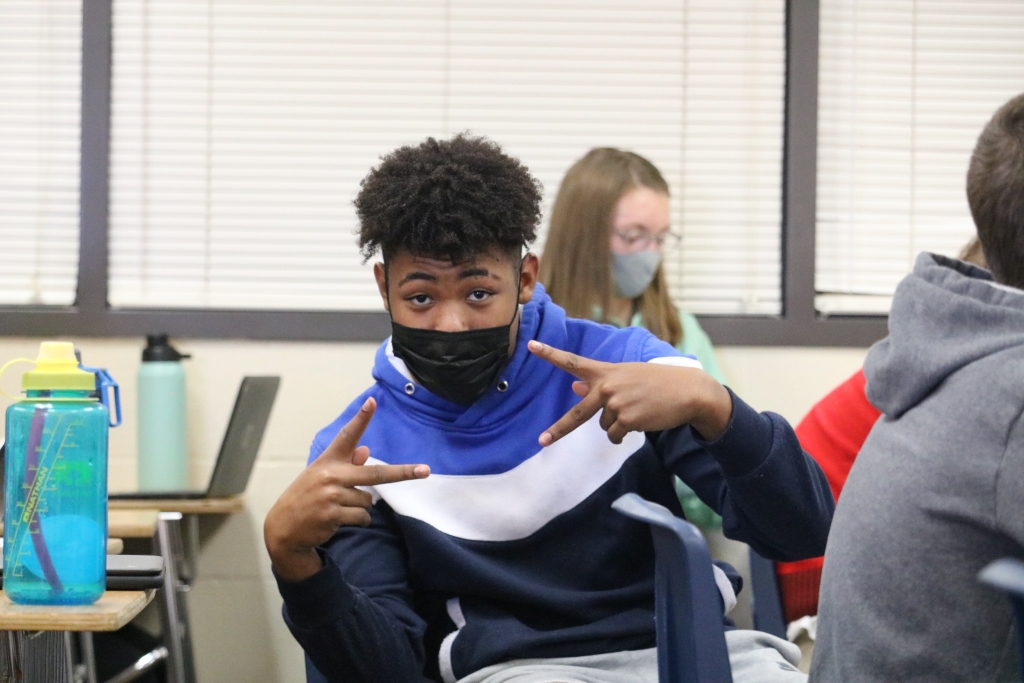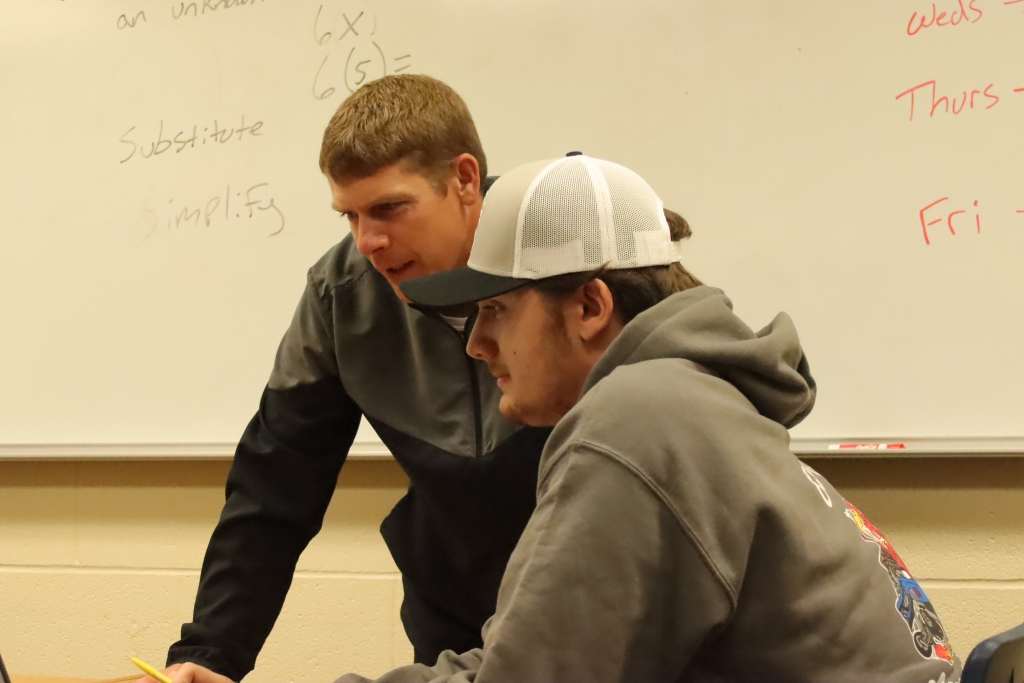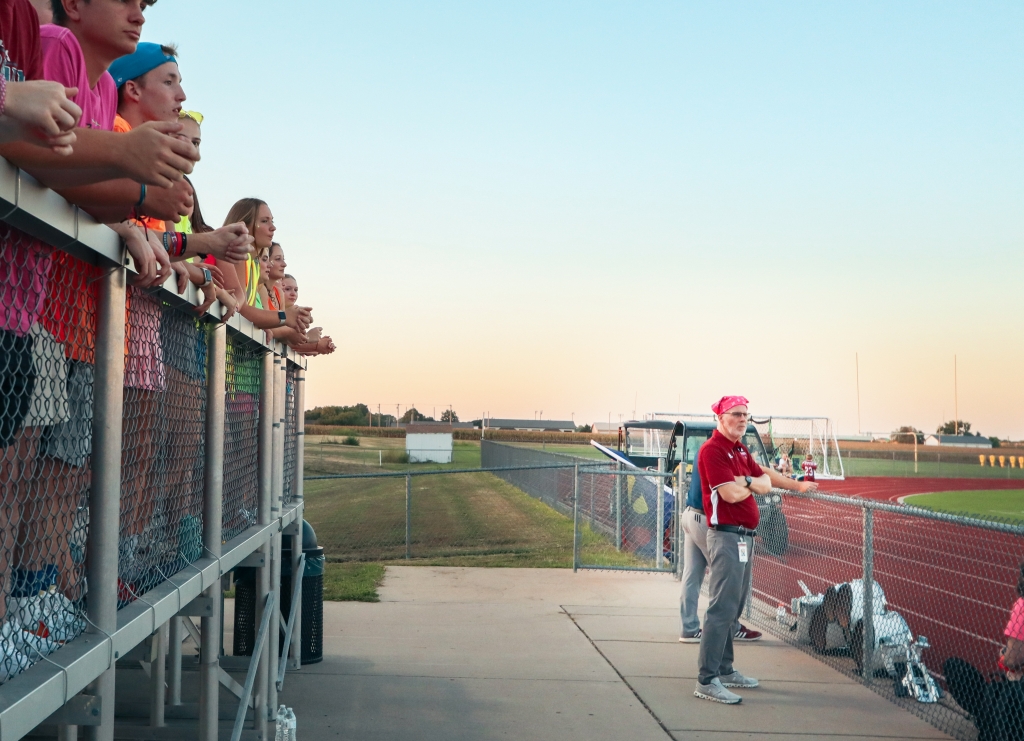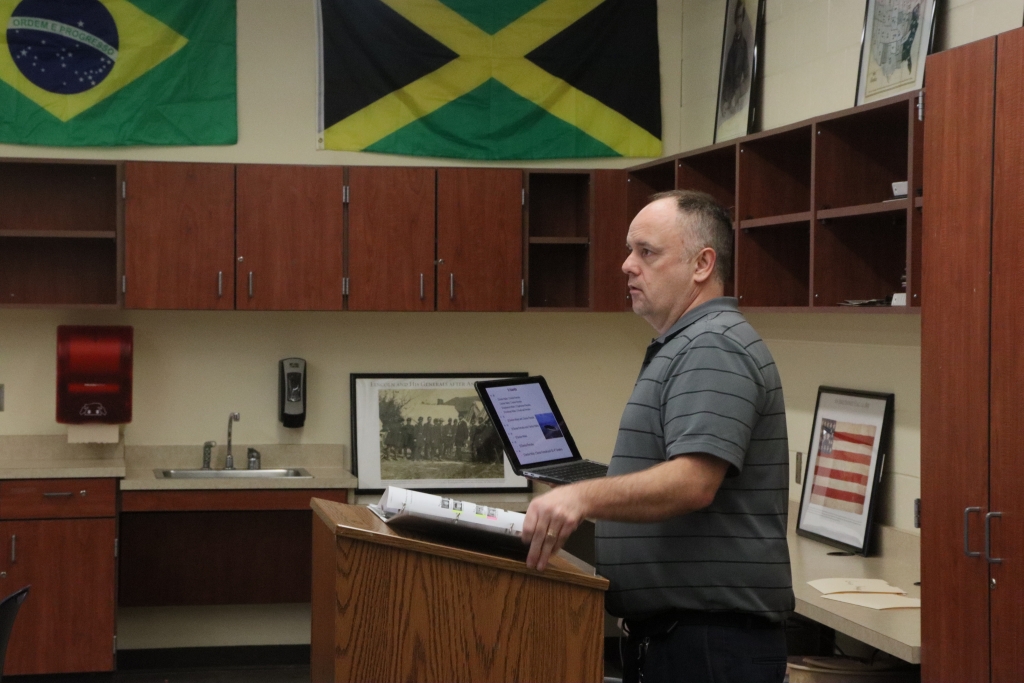Sex in high school: How common is it?
story by Melanie Reese ≫
In high school, the topic of sex is often considered controversial and it may be uncomfortable for students to discuss. Even though most people avoid talking about sex in the adolescent setting, it is still a topic that, like it or not, may not get the discussion it warrants. With a required opt out form and only a freshman semester class, the discussion of sex in high school is not as beneficial as it possibly could be.
Darren Erpelding, EHS health education teacher, has been given the task of keeping the discussion going.
“[The importance of sex education] is to give kids the information of what can happen to you,” said Erpelding. “There are a lot of kids that don’t talk with their parents about this subject. So that is where sex education in schools comes into play.”
Erpelding believes in painting a realistic picture when it comes to presenting information on sex to his students.
“We try and give them all accurate information and the consequences of their actions. After that we hope we gave them the tools to make smart decisions during their lives. If a kid thinks twice or at least stops and thinks of the possible consequences, that is a good thing. Like I tell my students, when it comes to sex before marriage, there are more negative consequences than positive that can happen.”
Many high school students are sexually active. There are many students who are wholeheartedly against high-school sexual activity, and others who acknowledge that students’ sexual activity is simply a fact of life and believe that society shouldn’t shut their eyes to the relevancy of the issue.
“Sexual activity needs to be handled with a level of maturity that a lot of high schoolers don’t have yet,” said Grace Fawcett, Sr. “But thinking or expecting high schoolers to not have sex is just naive. Sex in high school is something that could easily get out of hand or go wrong if not treated with proper care. ”
Erpelding promotes straying away from sexual activities in high school.
“In my class, yes we talk about the proper ways to protect yourself if you so choose to have sex. I do preach that ‘if you are not man/woman enough to raise a child you are not man/woman enough to have sex.’ So, yes we talk a lot about abstinence. But, yes we talk in detail how to protect yourself – but even with protecting yourselves things can happen.”
Whether or not a student is in a serious relationship plays a large part in many students’ decision or have sex or not. Sex among high school students can be casual, but for students who are in a strong relationship or a long-term relationship, it can be a serious issue.
“I was in a relationship for a very long time that started freshman year,” said Manley. “You go from thinking to yourself like ‘oh my god, this is something I can’t wait for’ to something that’s, not exactly expected, but being in a relationship for such a long time… it becomes a normal thing.”
Manley thinks that students are better off experiencing sex before they leave home or go away to college.
“Especially before you get to college where you are surrounded by all of these people that you don’t know and this is still something that is foreign to you. I feel like that is an experience everyone should definitely have in high school and it is something that we should be able to talk about more openly.”
Sex may be just physical to some, while it may have an emotional tie to it that high school students may just not be ready for.
Fawcett believes the emotional aspect is the biggest issue regarding teenage sex.
“I think most of the issue with sex in high school isn’t the risk of pregnancy or STDs, it’s the difference in meaning. For some people, sex means a lot and it’s a strong commitment to their significant other. But others don’t feel that way and regard sex as more of a causal event. A big issue is when this gets miscommunicated and one person ends up in a situation where they thought they could trust the other person but it ends up they can’t.”
The emotional connection that comes with sex may be too much for teenagers to handle.
“[High school students are] not even close [to being emotionally ready for sex],” said Erpelding. “Kids have no idea what sex can do to a relationship. They can be as protective as they want and can still become pregnant. As a high school kid you think you really know someone but high school age kids are changing all the time. You never really know what a high school kid is truly thinking.”
There are many risks associated with having sex in high school. Pregnancy is a common risk, but there are others as well that go beyond physical risks and are more emotional factors.
Erpelding lists risks that come with having sex while in high school.
“[Risks associated with sex include] STDs/STIs, pregnancy, sexual assault, rape, changing of a couple’s’ relationship, the possibility that people will find out then one or both have to face ridicule on some level from peers or people they don’t even associate with, sending a nude photo to someone you thought you trusted and then it gets out and those are just a few examples. Again… way more negatives than positives.”
According to the 2013 Youth Risk Behavior Surveillance, forty-seven percent of high school students have admitted to have having sexual intercourse. YRBS also reported that of the forty-seven percent of sexually active high school students, only fifty-nine percent of students had used a condom during their last sexual encounter and nineteen percent were on birth control.
The possibility of teenage pregnancy may not deter students from being sexually active. Senior Braeden Manley explains his thoughts.
“For the most part I was always smart about it. We were always safe,” said Manley. “As long as you are smart enough to do it safely, then there’s no problem with it. You don’t run any high risk at all as long as you are doing it safely and know what you are doing.”
In the United States, sixty nine percent of all teenage pregnancies occur at the age of eighteen or nineteen, taken from data from ReCAPP. Birth rates for American teenagers between the ages of eighteen to nineteen were 47.4 births per 1,000 women.
Throughout high school, opinions on sex may change based on a student’s age. Their viewpoints of sex may have changed from freshman year to senior year.
“[My opinion of sex] is completely different than freshman year,” said Fawcett. “Part of that is through growing older and realizing certain parts of the world that aren’t actually how you thought they were. I’ve gained a lot of experience and figured out a lot things the hard way. It is definitely not the same from when I was a freshman. When I was a freshman I didn’t have a positive view, or think it was a great idea but then again I wasn’t against it or think it was a bad thing. Things could go super-wrong with it. My opinion has changed through learning experiences, people around [me] and my own situations.”
Manley shares this opinion.
“Freshman year I thought sex was a topic that we could not talk about,” said Manley. “We’re at school and anyone who even mentioned sex you kind of looked at them like ‘what are you doing? We can’t talk about that here, you’re insane.’ Now though, you just don’t care. Teachers may be walking by at lunch and the subject just doesn’t change. They may cast a weird look at you, but then that’s it.”
Sexual activity is common throughout EHS, although many may choose to turn a blind eye to the reality of it. Many students aren’t as prepared for the reality that sex in high school is common and it may come around sooner than expected. The risks may not be as clear and the importance of birth control may be lost completely if adults and students are afraid of openly discussing sexual activity during the most pivotal years of teenagers’ lives.
“Sex is definitely not talked about enough in education,” said Fawcett. “In health class with Owenz, I remember learning about STD’s and how babies were actually made, on a level that was very inapplicable to me or any other girl in the room. You’re never taught ‘This can happen to you if you aren’t careful.’ or ‘This is how to properly have safe sex’. It’s more like ‘Don’t have sex, but if you do be safe.’ “Safe” was never defined, and people our age shouldn’t have to find out what safe is on their own, because a lot of people wouldn’t take that initiative.”

